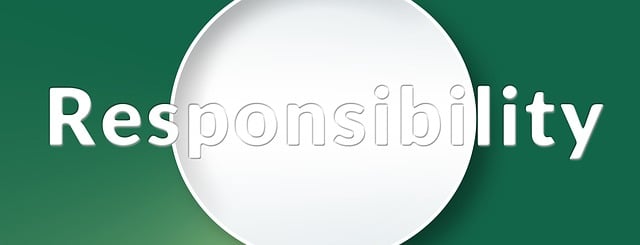In South Africa, prominent banks like FNB, Standard Bank, and Absa Bank provide debt consolidation loans to help individuals manage multiple high-interest debts. Borrowers should research and compare banks' offerings, interest rates, loan durations, and additional services. Alternatives include budget apps, low-interest credit cards, peer-to-peer lending, and financial advisors' plans, offering more flexibility. When considering a bank for debt consolidation, evaluate interest rates, loan structures, hidden fees, and tenor lengths to find the best fit.
South Africa’s financial landscape offers various debt consolidation options beyond traditional loans. This article explores these alternatives, focusing on which South African banks provide these services. We delve into understanding debt consolidation loans and highlight top banks leading the way. Additionally, we examine non-traditional approaches and crucial factors to consider when choosing a debt consolidation option tailored to your needs.
Discover how to navigate your debt management journey effectively by exploring these diverse choices available in South Africa.
- Understanding Debt Consolidation Loans in South Africa
- Top South African Banks Providing Debt Consolidation Options
- Alternatives to Traditional Debt Consolidation Loans
- Factors to Consider When Choosing a Debt Consolidation Option
Understanding Debt Consolidation Loans in South Africa

Debt consolidation loans have become a popular solution for South Africans struggling with multiple debts. These loans allow borrowers to combine various high-interest debt into one single loan, often with a lower interest rate. This simplifies repayment by reducing the number of payments needed each month and can save money in the long run. However, not all banks offer this service, and understanding the options available is crucial for making an informed decision.
In South Africa, several major banks provide debt consolidation loans as part of their financial services. Among them are Absa Bank, Standard Bank, and First National Bank (FNB). These institutions cater to different customer segments with varying loan amounts and terms, ensuring borrowers can find a suitable solution tailored to their needs. It’s essential for individuals considering this option to research these banks’ offerings, compare interest rates, and assess the terms and conditions before making a choice.
Top South African Banks Providing Debt Consolidation Options

In South Africa, several prominent banks offer debt consolidation loans as a viable alternative to help individuals manage their debts more effectively. Among the top institutions providing this service are First National Bank (FNB), Standard Bank, and Absa Bank. These banks cater to a wide range of customers, from individuals with good credit scores to those with less-than-perfect financial histories. FNB, for instance, offers various loan products tailored for debt consolidation, allowing clients to combine multiple debts into one manageable repayment. Standard Bank also provides flexible options, ensuring that borrowers can find a plan suited to their financial needs and preferences. Absa Bank likewise stands out for its comprehensive approach, offering not just debt consolidation loans but also advisory services to help clients make informed decisions about their finances.
When considering which banks offer debt consolidation loans, it’s essential to look at factors such as interest rates, loan terms, and additional benefits like financial counselling or penalty-free repayments. Each of these top South African banks has its unique offerings, so borrowers should carefully evaluate their options before choosing the one that aligns best with their monetary goals and circumstances.
Alternatives to Traditional Debt Consolidation Loans

In South Africa, many banks offer debt consolidation loans as a popular solution for managing multiple debts. However, there are alternatives to consider that could be more suitable for various financial situations. Not everyone’s needs align with the standard loan structure, and some may find better options in other financial tools.
Banks typically provide debt consolidation loans with specific terms and conditions, focusing on lowering interest rates across different debts. But, for those seeking more flexibility or wanting to avoid borrowing, alternative strategies are available. These could include budget-oriented apps that help track expenses and negotiate lower rates directly with creditors, or even switching to a credit card with a low-interest rate or balance transfer promotions. Some consumers might also opt for peer-to-peer lending platforms or financial advisors who can offer tailored debt management plans, which may not always require borrowing.
Factors to Consider When Choosing a Debt Consolidation Option

When considering debt consolidation, several factors come into play. Firstly, evaluate the interest rates offered by different banks, as lower rates can significantly reduce your overall repayment burden. South African banks like Standard Bank, Absa, and First National Bank (FNB) are known for providing debt consolidation loans, each with varying terms and conditions. It’s crucial to compare their loan structures, including any hidden fees or additional charges.
Additionally, assess the loan tenor to ensure it aligns with your financial comfort zone. Shorter tenors mean higher monthly repayments but less interest paid over time. Longer tenors reduce the strain on your budget each month but result in paying more interest overall. Which bank offers debt consolidation loans that suit your needs depends on these considerations and personal financial assessments.

